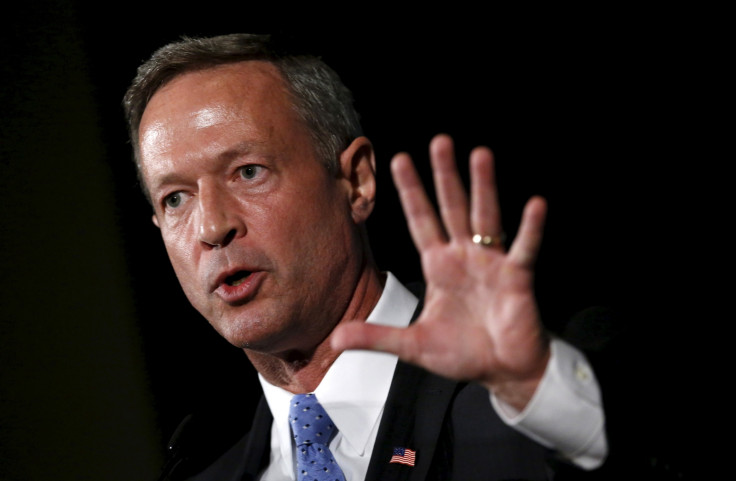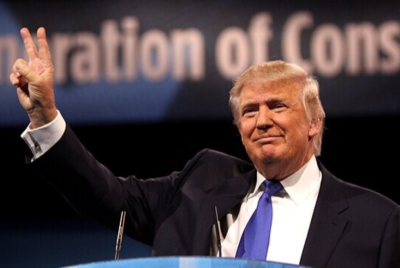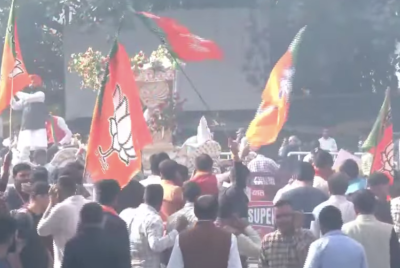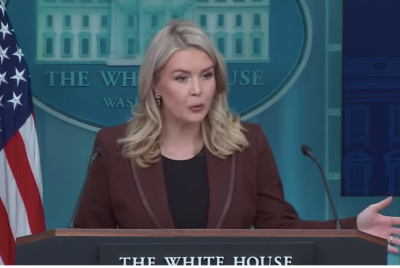US Election 2016: Democratic debate schedule angers Hillary Clinton challengers

The Democratic National Committee announced on 6 August the six primary debates, which will begin on 13 October in Nevada. Some candidates are claiming the number of debates is an unfair advantage to front-runner Hillary Clinton.
The first debate will be hosted by CNN, Reuters reported. Meanwhile, the remaining five debates will be held in Iowa, New Hampshire, South Carolina, Florida and Wisconsin.
DNC Chair Representative Debbie Wasserman Schultz told reporters that the upcoming debates "will highlight the clear contract between the values of the Democratic Party which is focused on strengthening the middle class versus Republicans who want to pursue out of touch and out of date policies."
According to Reuters, Clinton's fellow Democratic candidates have claimed that six debates will not give them enough time to out shine the former secretary of state. Clinton, who has remained the front-runner since announcing her candidacy, has led the polls with Vermont Senator Bernie Sanders trailing behind.
Clinton challenger, former Maryland Governor Martin O'Malley, was the most vocal in expressing his disapproved of the debate process. "What they're proposing does not give you, the voters, ample opportunity to hear from the Democratic candidates for president," O'Malley said in a statement.
He added to The Hill: "It's all about trying to pre-ordain the outcome, circle the wagons and close off debate. If they could actually accelerate the date of the Iowa caucuses and hold them tomorrow — they'd like to do that. Then there'd be no campaign at all. That's what they'd really like."
Since the announcement, O'Malley has started the #WeNeedDebate hashtag campaign.
Hey @TheDemocrats: hands off our debates! You're not in charge. They should be set by the voters, not folks in DC. #WeNeedDebate
— Martin O'Malley (@MartinOMalley) August 6, 2015Hey @TheDemocrats:We need more than 4 debates before IA/NH!!! We need to hear robust debate between candidates on many issues #weneeddebate
— Mark Magaña (@markmagana) August 6, 2015Since when have @TheDemocrats been afraid to showcase our candidates and have an intelligent conversation about the issues? #WeNeedDebate
— clairequestion (@clairequestion) August 6, 2015Sanders, who had written Wasserman Shultz a letter in June urging for more and earlier debates, told The New York Times he was "disappointed, but not surprised."
According to FiveThirtyEight, the six scheduled debate would be the fewest during a presidential primary since 1980 when Republicans also held six. The committee also announced that it would ban candidates from DNC debates if those candidates participated in unsanctioned debates, Boston.com reported.
© Copyright IBTimes 2025. All rights reserved.




















